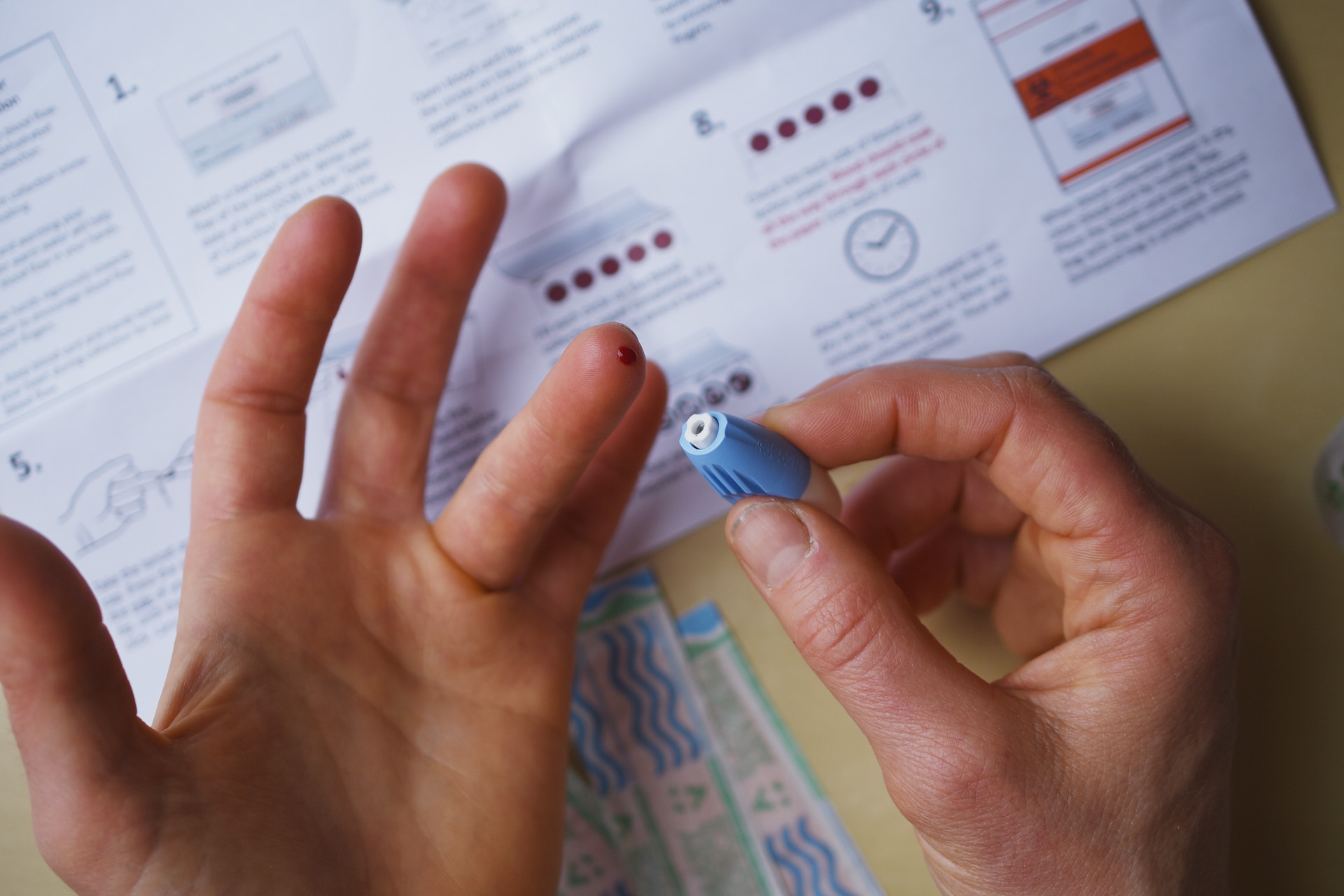Here are ways that you can bring up STD test reminders with your doctor or nurse: never had tested for STDs in the past. Have you ever been tested for any STDs in checkups? What STDs do people most at risk for? How do you know when you should be tested? Here are things you should know about STD testing.
Most sexually transmitted diseases are easy to contract by having unprotected sex with new partners. Using protection during intercourse is the best way to prevent getting any kind of infection. However, some STDs such as genital warts and gonorrhea can’t be avoided even with protection. You should always have a new partner undergo screening for any sexually transmitted disease. Here’s why:
Genital warts and HPV both affect the genitals. However, HPV does not cause cancer. If you think that you may have gotten warts from a previous partner or have a wart on your own, you should be evaluated immediately for STDs by a doctor. If you’re negative for either of these diseases, then you should get checked by a regular pap smear for an up test.
It’s important that you keep up on your sexual health and STD tests. You can go to your local pharmacy and get over-the-counter medications for treating STDs. However, many times these medications only treat current symptoms of STDs or only remove the current infection. So you should be sure to buy other over-the-counter medications to treat the virus that causes your symptoms. An STD test is the best way to determine if you’ve been exposed to a sexually active partner whose previous sexual partners have shown no signs of infection.
The easiest way to get tested for STDs is through a visit to your family doctor. He or she can do a gynecologic exam (which screens for conditions such as genital warts and cervix cancer) or order a Pap smear (which screens for abnormalities on the cervix that can signal cervical cancer). In some cases, a doctor may order tests such as HIV testing or cervicoid blood tests to see if you’re positively infected with the virus that causes gonorrhea or chlamydia.
If you’re sexually active with multiple partners or are uninsured, you may want to consider going to a STD care walk-in medical clinic. For one, they offer highly trained health professionals whom you can consult with during any questions that you have. Plus, you’ll typically find a waiting list at a STD care walk-in medical clinic so it will be easy for you to receive treatment if you need it.
Test for chlamydia now don’t delay!
